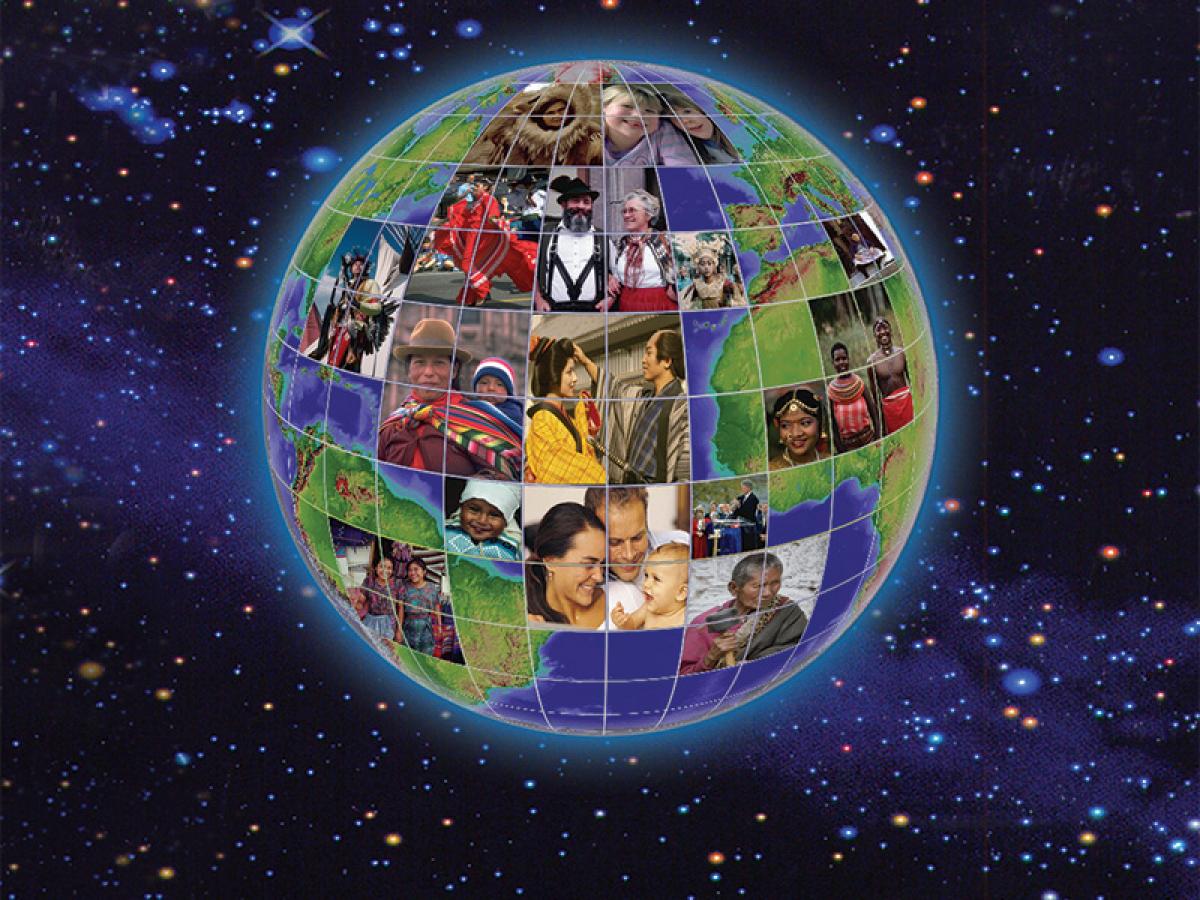Language, the Source of Universal Life
- font size decrease font size increase font size
In his book “Language, the Source of Universal Life”, Ernesto Baron makes us reflect on something of great consequence which is, “The origin and importance of the word”.
It is a book of psychology, sociology and oratory that guides the human being towards the development of a more conscious language in order to achieve the simple and profound language of the essence-soul.
The author writes, “The physical body is wonderful, the possibilities of the word and the universal sound are within it and when talking it emits a sonorous frequency according to what we think or feel.”
Referring to the dialectic of attunement, he expresses that “everyone according to his life, seeks the tuning that is most convenient or more to his liking… We act according to psychological affinities and similarities in our sensorial tastes, each light or auric anti-light has its note, frequency and radiation, and due to this magnetisation, people relate to one another”.
Afterwards, the author speaks about the different types of languages, making an accurate analysis of the everyday, philosophical and mental languages and on their differences to the natural and profound language of the consciousness.
In the third part of the book there are references to the use of the word in today’s world, an extraordinary development of the characteristics of the masses that we should not have, such as the oral gymnast, the impetuous, the talkative, the demagogue, etc. as well as the importance of sincere dialogue in order to solve conflicts between people.
The book concludes with another two chapters, one on communication as an absolute necessity and the other is a lucid study of trust and human relationships that contribute to the reflection and understanding of the many attitudes and reactions which are produced in daily life.
This book fills a void within the psychology of self-knowledge, since it shows and teaches in a clear and direct way a basic aspect of our lives, the correct use of the word and the way we communicate with each another, which reflect the inner world and the level of consciousness of each person.
We conclude with the author’s words, “Time and experience have taught us that authentic communication is not present in extreme familiarity nor in utter distrust, but in the middle point, and this should be steadfastly applied until we are certain that there is total mutual understanding.”








